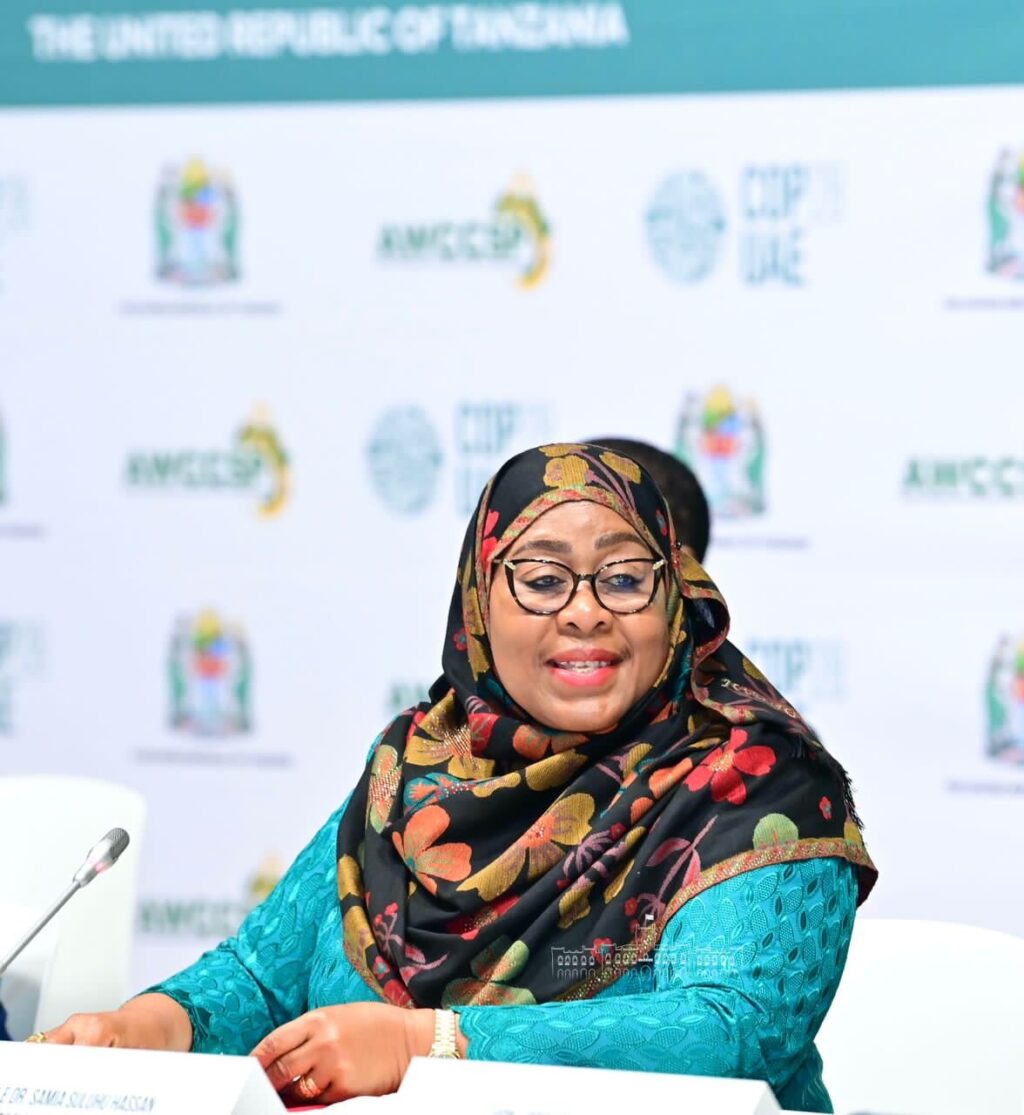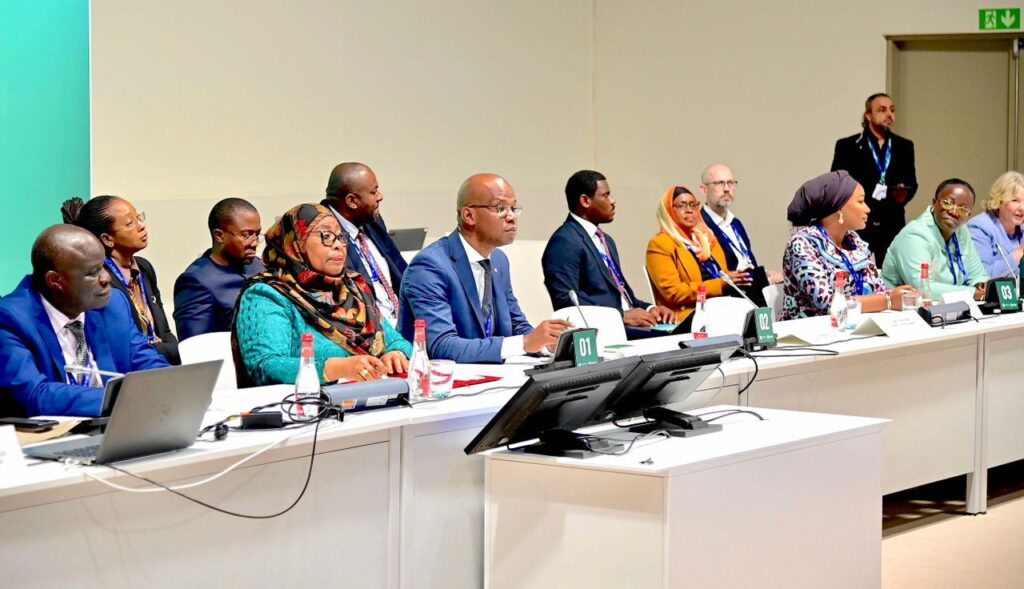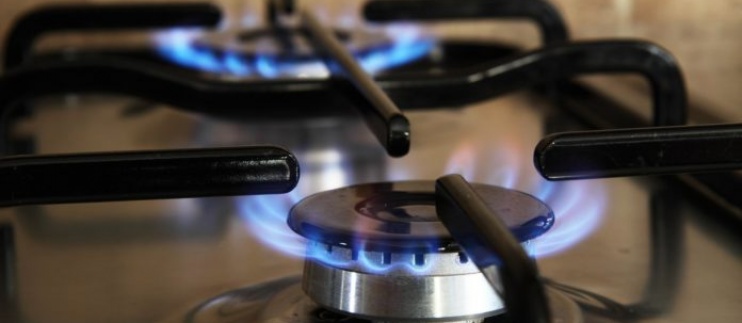Clean energy proposal: Direction for Africa countries
By Halili Letea

Dar es Salaam. The President of Tanzania, Samia Suluhu Hassan, has given directions for a clean cooking energy proposal at the African level in the implementation Africa Women Clean Cooking Support Programme (AWCCSP), which aims at recommending an alternative cooking energy.
According to her the Programme fosters the use of clean cooking energy to address health, environmental, economic and societal challenges that mostly have a negative impact on women and children.
President Samia presented the proposal on December 2, 2023 at the ongoing 28th United Nations Framework Convention on Climate Change (UNFCCC – COP28) in Dubai – United Arab Emirates.
“We are launching this project at COP28 to show our responsibility despite having a low carbon emission, the issue of clean energy is part of mitigating climate change effects and women’s safety,” said President Samia.
The project is part of implementing the country’s 10-year energy Vision, which aims to increase the use of clean energy for cooking to 80 percent of all Tanzanians by 2032.
Meanwhile the 2020/21 National Panel Survey (NPS) launched in January this year by the National Bureau of Statistics (NBS) showed that the use of clean energy for cooking increased from 3.8 percent in 2014/15 to 10.2 percent in 2020 /21.
This means that until the year 2020/21, nine out of 10 Tanzanians use unclean energy for cooking, while mentioning wood and charcoal as the main sources of energy.
The Minister of Foreign Affairs and East African Cooperation, January Makamba was the organizer of the event which was preceded by a special article that showed the health and educational effects on women.
“Women are affected healthily when cooking with wood and charcoal and children waste a lot of time looking for firewood, thus not having enough time for studies. About 80 percent of sub-Saharan countries use dirty energy.”
President Samia has concluded with a proposal to host a large international conference on clean energy for cooking in order to lay the foundation that will support the success of the project. She said that the opinions expressed by the stakeholders will be used as a guide at the meeting.
The statement is made when the report of the World Health Organization (WHO) of last year shows that 2.4 billion people in the world, equivalent to a quarter depend on polluting energy for cooking, a stride that has caused the loss of 3.9 million hectares of forests every year in Africa.

Is the proposal realistic to Tanzania?
Director Tanzania Women in Energy Network (TAWOED) Regina Kabwogi said the project is vital for helping women.
“It is a good step and it gives hope. Such programs are very much needed in rural areas to help women, although we see in Tanzania that the project started earlier. I advise the project to be realistic, let’s see actions in its implementation, because the situation is bad,” said Regina.
Natural Resource Governance Institute (NRGI) energy transition advocacy at the regional level Silas Olang said the programme gives direction on how the concept is going to be implemented but we can do so only if we have a strategy to implement.
“The challenge has been in the implementation. If we know that the biggest charcoal market is in the cities where there are many alternative energy sources, why don’t we stop that? Then let’s set a strategy to gradually deliver infrastructure to the villages while weakening charcoal business, whether clean energy exists is a matter to be decided”
The Director General of the Energy and Water Utilities Regulatory Authority (Ewura), Modestus Lumato says the argument against charcoal business in urban areas is among the recommendations made in the working group established for the preparation of the ten-year work plan.
“It is one of the opinions of the team that involves all relevant ministries and institutions. We expect the guidelines soon so if we cut charcoal services in cities, we must find an alternative, because the impact is big on the environment,” says Lumato.
This story was produced with support from MESHA and IDRC Eastern and Southern Africa office.



This piece of writing presents clear idea in support of the
new people of blogging, that actually how to do blogging and site-building.!
ocenili váš obsah. Dejte mi prosím vědět.